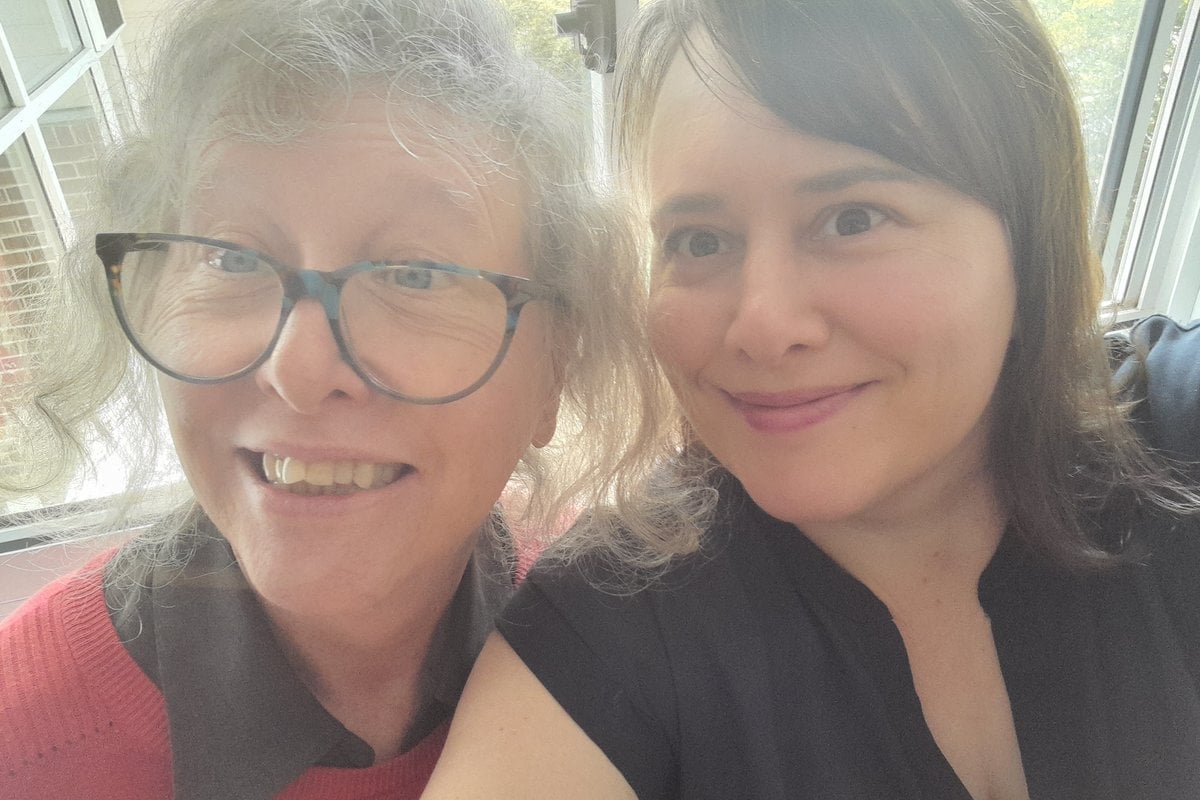
When my aunt came to live with me after her dementia diagnosis, I had a vague idea of how life would change.
I knew there would be forgetfulness and confusion. I knew we would need to keep a watchful eye on my aunt when she tried to use the stove, distract her when she wanted her car keys, and dispense her medication daily. What I didn’t know was that within an already flawed aged care system, people would forget my aunt’s humanity.
My aunt is my late mother's twin and has no children of her own. We suspected something was wrong when my aunt, who prior to retirement worked as a bookkeeper, became confused by the process of paying her rent.
There had been minor incidents prior to this: unlocked doors; repeated questions; and her sudden fixation on checking maps before any upcoming local event. But the rent incident was what prompted my brother to encourage Aunty to see a doctor.
What is dementia? Post continues after video.
She initially spoke to a GP, and was then referred to a psychiatrist who conducted several tests – connect the dots, draw a clock face, basic recall questions – and advised that based on the results it was likely she had dementia.

Top Comments